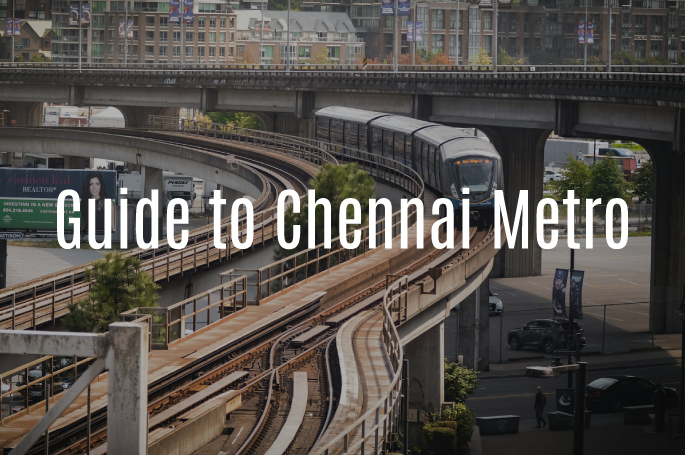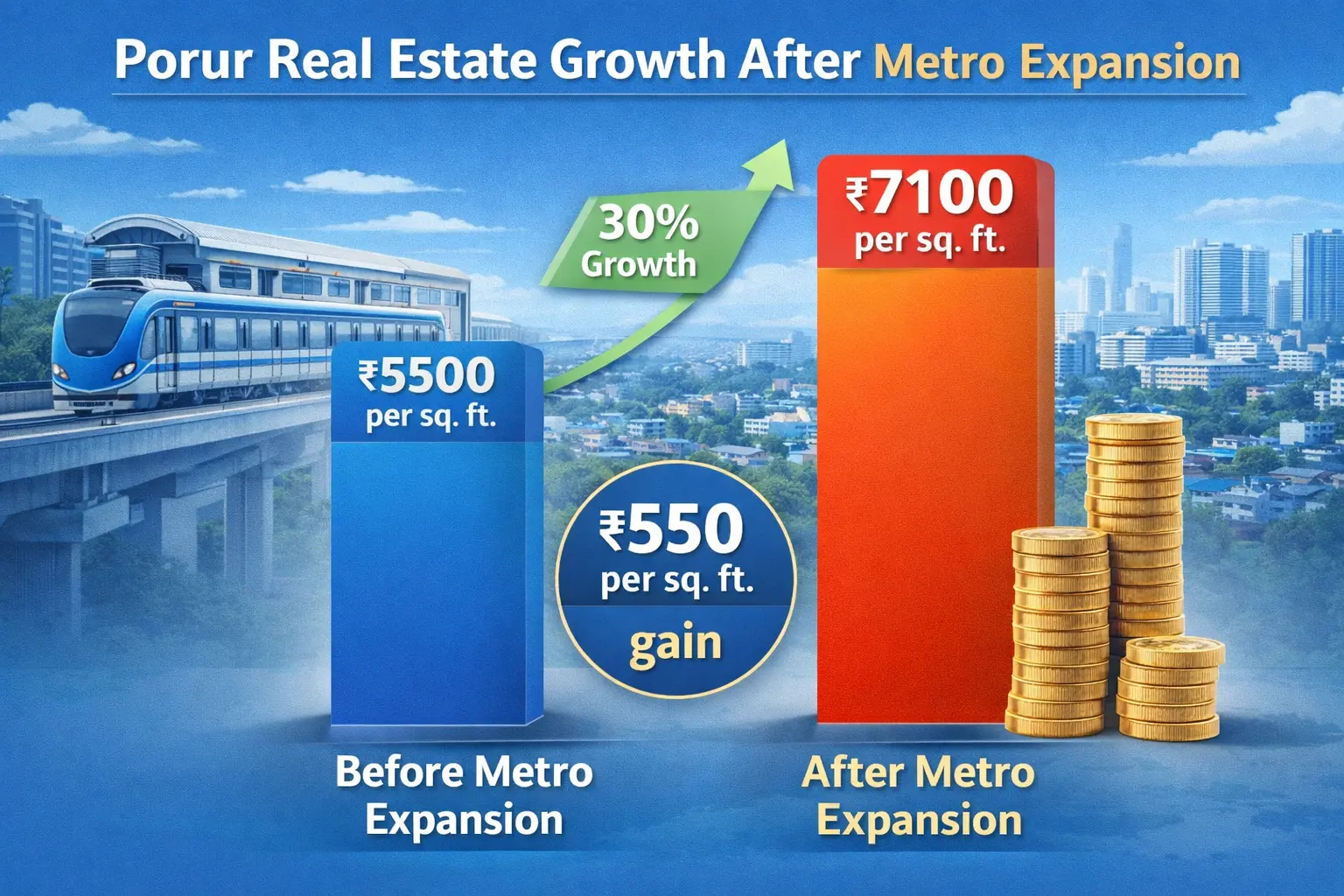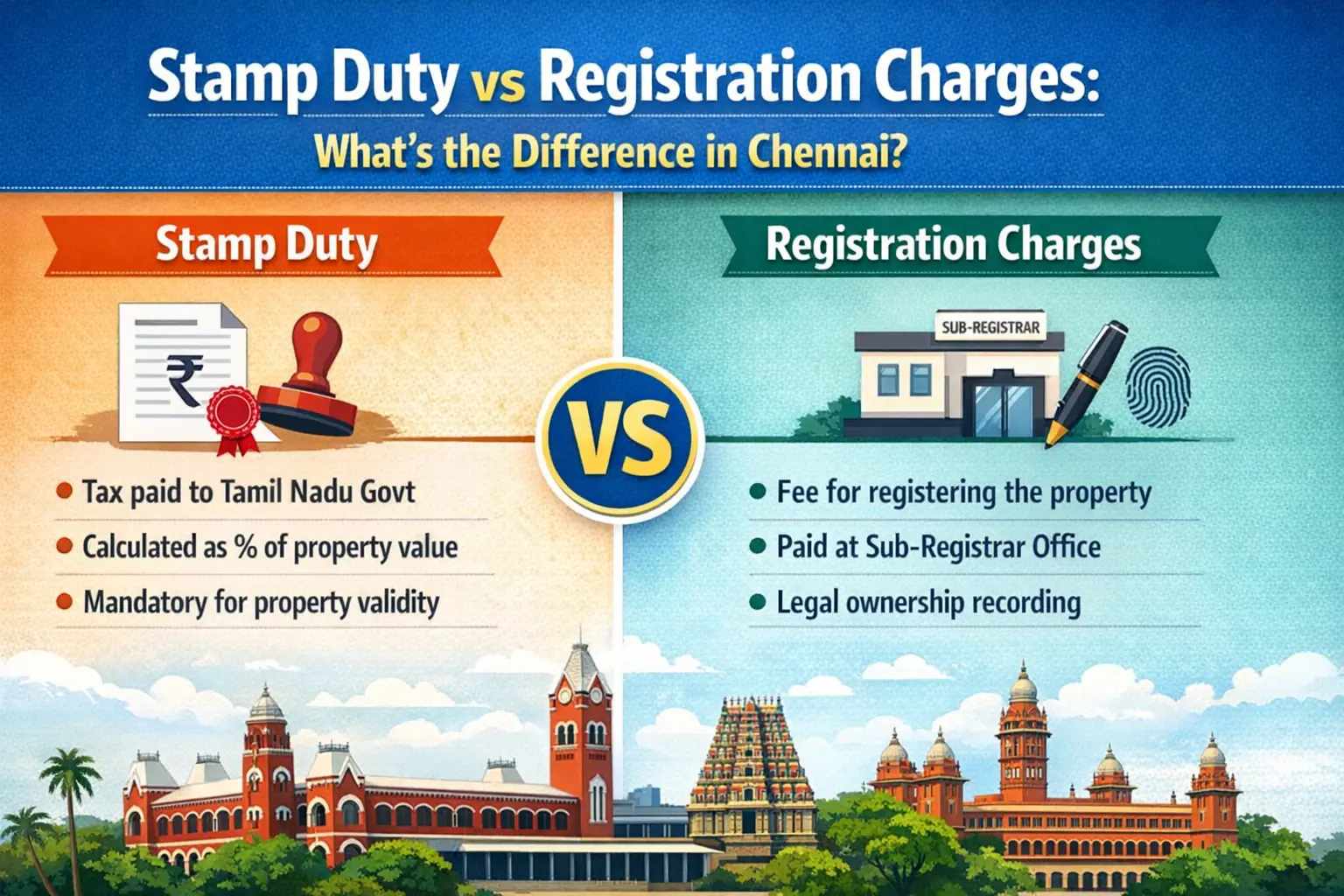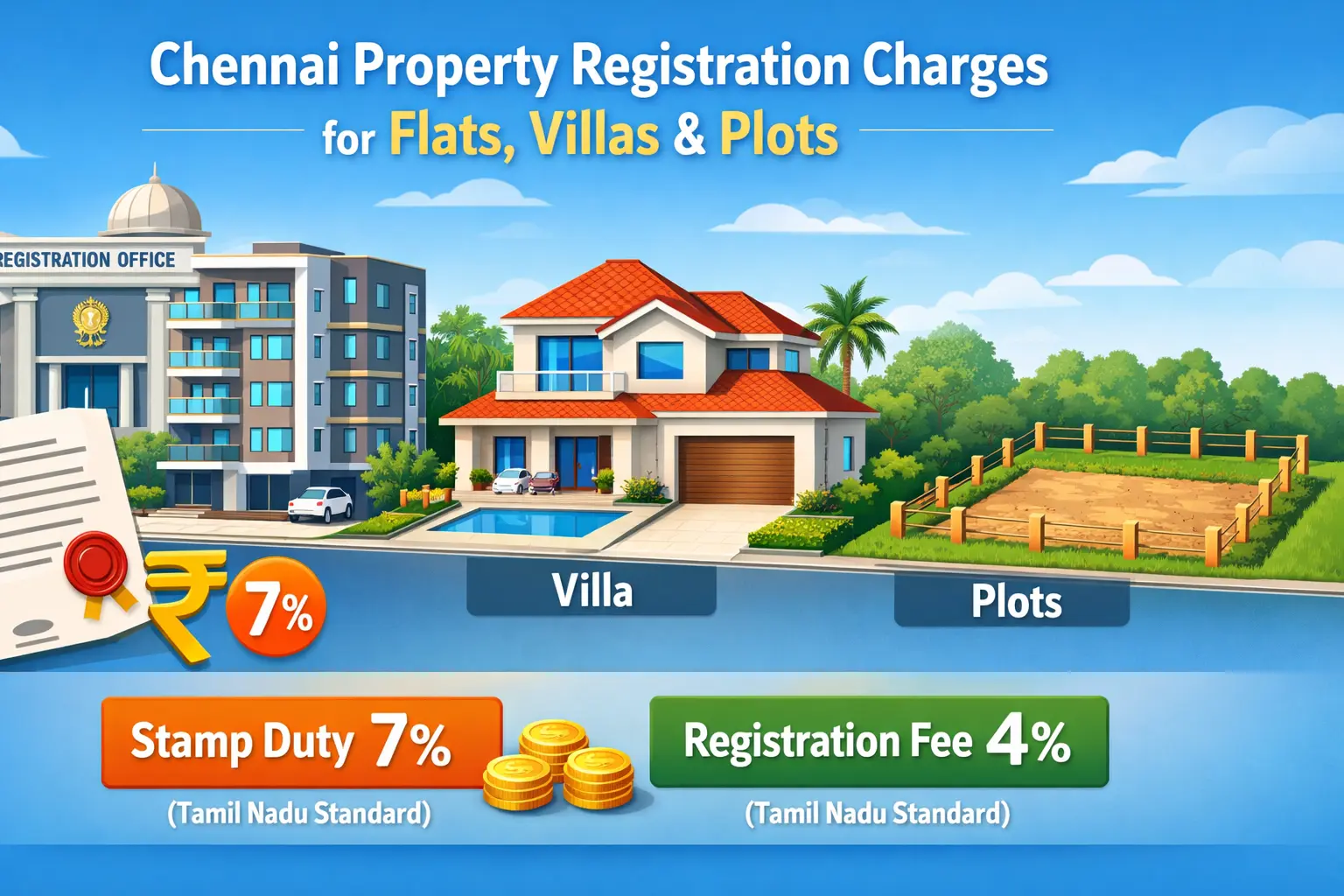Chennai Metro: Route, Map, Timeline, Fare, and Updates
Chennai Metro is a rapid transit system serving the city of Chennai, Tamil Nadu, India. The metro is expected to significantly ease traffic congestion and provide a modern, efficient, and environmentally friendly mode of transportation.
Here are the detailed updates, routes, timeline, fare, and other related information:
1. Chennai Metro Route and Map
The Chennai Metro is being developed in multiple phases. As of now, several corridors are operational, with more under construction.
Operational Corridors (Phase 1)
Phase 1 of Chennai Metro consists of two main corridors:
-
Blue Line (Corridor 1):
-
Route: Washermanpet to Airport
-
Distance: 23 km
-
Stations: 20
-
Key Stations:
-
Washermanpet
-
Chennai Central
-
Egmore
-
Nungambakkam
-
Alandur
-
Tidel Park
-
Saidapet
-
Airport
-
-
-
Green Line (Corridor 2):
-
Route: St. Thomas Mount to CMBT (Chennai Mofussil Bus Terminus)
-
Distance: 19 km
-
Stations: 17
-
Key Stations:
-
St. Thomas Mount
-
Koyambedu (CMBT)
-
Arumbakkam
-
Vadapalani
-
Ashok Nagar
-
West Mambalam
-
-
Phase 2 (Under Construction)
Phase 2 of Chennai Metro is designed to significantly expand the network with 118.9 km of new lines and 128 stations across the city. The Phase 2 corridors include:
-
Corridor 3:
-
Route: Madhavaram to SIPCOT (in Siruseri)
-
Distance: 45.8 km
-
Key Stations:
-
Madhavaram
-
Perambur
-
Kilpauk
-
Nungambakkam
-
Kodambakkam
-
Taramani
-
SIPCOT
-
-
-
Corridor 4:
-
Route: Light House to Poonamallee
-
Distance: 26.1 km
-
Key Stations:
-
Light House
-
Mylapore
-
Saidapet
-
Koyambedu
-
Poonamallee
-
-
-
Corridor 5:
-
Route: Sholinganallur to Tidel Park (via Velachery)
-
Distance: 20.6 km
-
Key Stations:
-
Sholinganallur
-
Velachery
-
Tidel Park
-
-
Phase 3 (Proposed)
Phase 3, which is still in the planning stages, will further expand the network by connecting additional suburban areas and improve the accessibility of Chennai's suburbs. The proposed corridors are expected to cover areas such as:
-
Corridor 6: Light House to Koyambedu
-
Corridor 7: Various other suburban routes, connecting more parts of Greater Chennai.
2. Timeline of Chennai Metro
-
Phase 1:
-
Start of construction: 2009
-
Partial operations: 2015
-
Completion of full Phase 1: 2023
-
-
Phase 2:
-
Start of construction: 2015
-
Expected completion: 2026-2027
-
-
Phase 3:
-
Planned: Construction expected to begin in the late 2020s, with completion anticipated by 2035.
-
3. Chennai Metro Fares
The fare structure of Chennai Metro depends on the distance traveled. As of now, the fare ranges from ?10 to ?70. The fares are based on the distance between two stations and are categorized as follows:
-
For 0-2 km: ?10
-
For 2-5 km: ?20
-
For 5-10 km: ?30
-
For 10-15 km: ?40
-
For 15-20 km: ?50
-
For 20-30 km: ?60
-
For 30 km and above: ?70
There are also daily, weekly, and monthly passes that provide cost-effective travel options for regular commuters.
| "Best Builders Floor Apartments in Chennai" |
4. Latest Updates on Chennai Metro
-
Expansion Plans: Phase 2 construction is progressing steadily, with several sections of the line set to be operational by 2025. The first stretch of Corridor 4 (Light House to Poonamallee) is expected to open by mid-2024, while work on Corridor 3 and Corridor 5 is expected to be completed by 2026-2027.
-
Technological Upgrades: Chennai Metro has been incorporating new technology, including the use of integrated smart cards, which allow passengers to travel on both metro and public buses seamlessly.
-
Environmental Impact: The Chennai Metro system is being developed with a focus on sustainability, including energy-efficient trains and infrastructure. The system is expected to significantly reduce pollution and traffic congestion.
-
Metro Integration: Chennai Metro is working to integrate its services with other public transport systems, including the suburban train network and bus services, to ensure easy connectivity for commuters.
5. Future Developments
Chennai Metro is looking to further modernize with new features, such as:
-
Dedicated Feeder Services: Buses or other transport options that will take passengers from metro stations to more remote areas, improving last-mile connectivity.
-
Upgrade to Phase 1 and 2 Stations: Some older stations will be upgraded with modern facilities, including better accessibility for people with disabilities, smart ticketing, and more.
-
Expansion of Phase 2: As mentioned, the second phase will be one of the most significant expansions of the metro network and aims to cover key locations including IT hubs, residential zones, and high-traffic areas.
Conclusion
Chennai Metro is a transformative project for the city, designed to ease congestion, reduce pollution, and provide a modern transportation alternative for millions of commuters. With an expanding network, modern amenities, and a focus on sustainability, Chennai Metro is expected to become a central pillar in the city's urban mobility ecosystem.
Also read: Top 8 IT Hub of Chennai
https://www.livehomes.in/blogs













